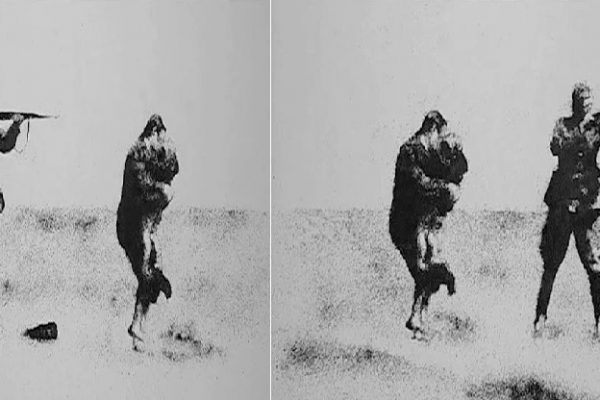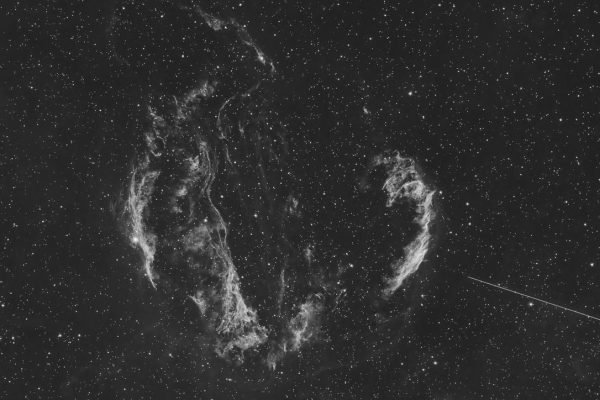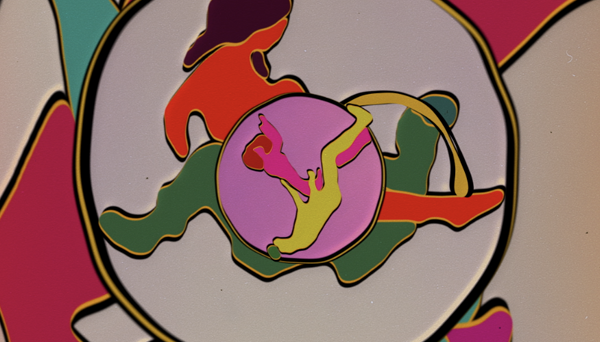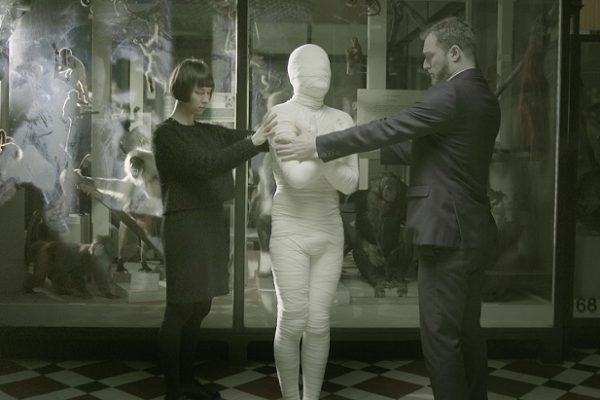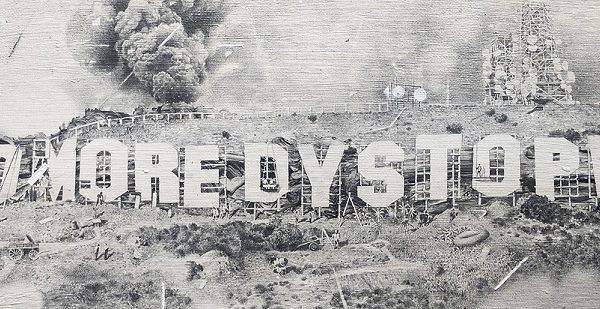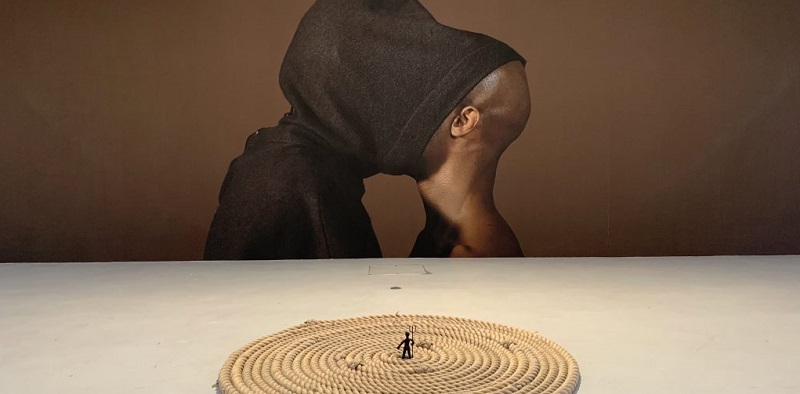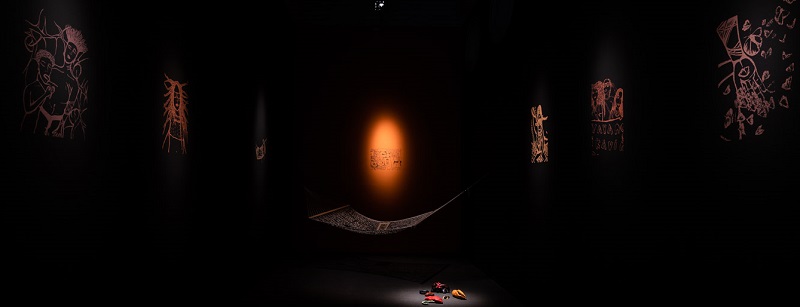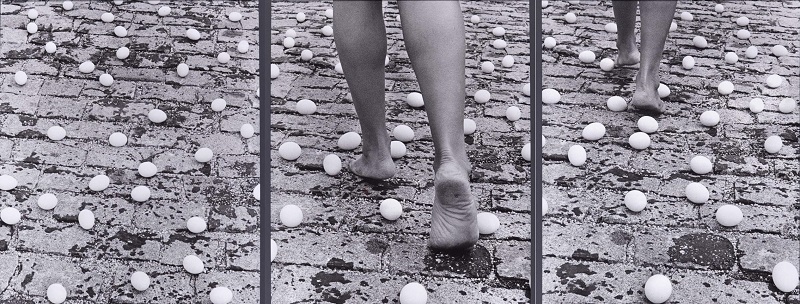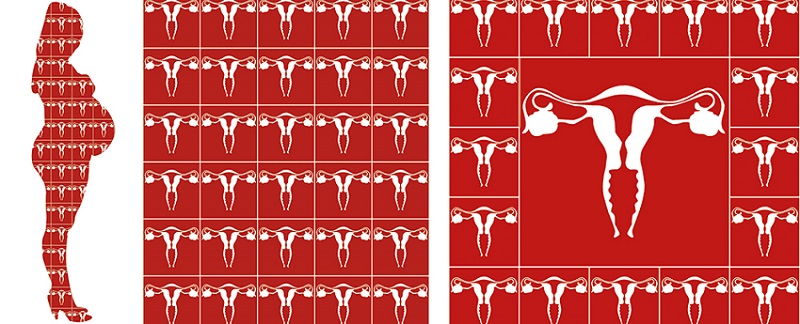El siglo de las Luces brilló sobre un fondo oscuro, que era el reverso de sus ideales ilustrados. Mientras se blandían proclamas de libertad, igualdad y fraternidad en la metrópolis, el sonido de cadenas y azotes reverberaba en las colonias. Incluso el bueno de Rousseau, el más radical de los ilustrados, se dio el gusto de oponerse a la esclavitud por atentar a los derechos fundamentales del ser humano omitiendo de su discurso toda mención […]
Etiqueta: colonialismo
Carlos Motta, mirillas desde las que espiar lo no contado
“El cuerpo es un repositorio de marcas”, se nos dice en algún momento en uno de los ensayos visuales de Carlos Motta, Lágrimas (2017). De marcas coloniales y poscoloniales hablan muchas de las obras de este artista colombiano, cicatrices metafóricas sobre la carne y el deseo, indelebles a pesar del transcurrir de los siglos. Jacques Derrida, para quien el concepto de “marca” o “cicatriz” cultural fue tan importante, decía que no es posible escapar de la […]
Carlos Motta, drilling peepholes in the official history
«The body is a repository of marks», we are told at one point in one of Carlos Motta‘s visual essays, Lágrimas (2017). Many of the works of this Colombian artist speak about colonial and postcolonial marks, metaphorical scars on flesh and desire, indelible despite the passing of centuries. Jacques Derrida, for whom the concept of cultural «sign» or «scar» was so important, said that it is not possible to escape the Judeo-Christian tradition. Even the death […]
Duen Sacchi, from my parts of the Indies
Duen Sacchi breaks down the old drawers of the colonial history file, reduces the computer furniture to splinters and sets them on fire. From the ashes comes something new because each document left its imprint on the brazier, and that which does not disappear even with fire is the repressed of history, which can not be redeemed. His writing is rhizomatic, it moves with its underground roots evading linear narratives. At the same time, it […]
Duen Sacchi, desde mis partes de Indias
Duen Sacchi desarma los viejos cajones del fichero de la historia colonial, reduce el mobiliario ordenador a astillas y les prende fuego. De las cenizas sale algo nuevo porque cada documento dejó su huella impresa en el brasero, y aquello que no desaparece ni con fuego es lo reprimido de la historia, lo que no puede ser redimido. Su escritura es rizomática, se desplaza con sus raíces subterráneas evadiendo narrativas lineales. Al tiempo, brota alto […]
El territorio y sus estratos. Recorrer el cuerpo «campo a través»
La ciencia cartográfica fue desarrollándose a remolque de las grandes conquistas. Así, Felipe II, abrumado por la vastedad de sus dominios, encargó un atlas al mejor geógrafo de la época a fin de que su ávida mirada pudiera abarcarlo todo, soñando con ser un Salvator Mundi con el orbe crucífero en una mano y bendiciendo con la otra. El título de este primer atlas moderno, Teatro del Mundo (Theatrum Orbis Terrarum), no esconde su voluntad […]
The territory and its layers: gender, nature, body
At the time of the great conquests, modern cartographic science was developed. Felipe II, overwhelmed by the vastness of his territories, commissioned to the best geographer of the time to map the world. So, he could take complete control at a glance, and even maybe dreaming of being a Salvator Mundi with the orb in one hand and blessing with the other. The title of this first modern atlas, Theater of the World (Theatrum Orbis […]
Fatima Mazmouz; the uterus, from a sacred niche to a desecrated territory
The uterus is a restless animal, which if not fertilized in time it moves through the woman body causing havoc wherever it goes: palpitations, seizures… It was that simple the diagnosis that doctors and philosophers such as Hippocrates and Plato attributed to what they called «hysteria», a Greek term referring to the womb. And centuries go by… and psychoanalysis continued to relate unsatisfied female sexuality with «hysterical» disorders. Actually, the bizarre history of the uterus […]

